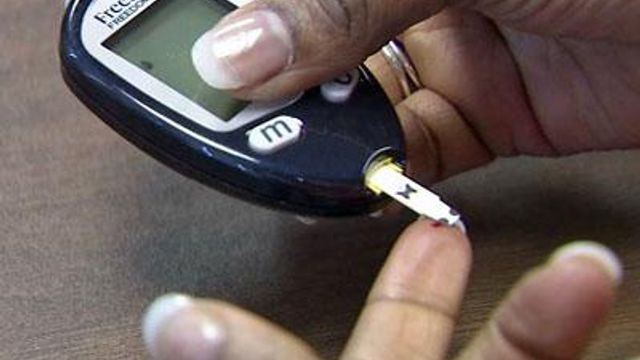Groups aim to protect preventative care from budget cuts
People at highest risk for many chronic diseases could be lose the preventative care they need if deep cuts are made in the state health care budget, leaders of some preventative care organizations say.
Posted — UpdatedAs lawmakers figure out how to close a projected $3.7 billion budget deficit, public health officials want to protect clinics and health centers that educate and screen patients for chronic diseases like sickle cell anemia, hypertension and diabetes.
Those clinics benefit people like Doris Dunston, who learned how to manage her diabetes and improve her lifestyle with the help of a Wake County nonprofit, Strengthening the Black Family.
"Without this project, I wouldn't have done as good as I did with my diabetes," she said.
Dunston volunteers in the nonprofit's outreach program that depends on funding from the state Office of Minority Health and Health Disparities.
"It's free now, at this point. It's accessible, and that's what we need," Dunston said. "We need it in our community and accessible to all people."
All programs are under evaluation, Lanier Cansler, secretary of the state Department of Health and Human Services, said last week at a conference of state health directors.
"There is a lot of waste in our system. There is a lot of waste in the way our health system operates," Cansler said. "We're trying to see how we can become more cost effective."
He said that often, money is set aside for treating sick patients at the expense of prevention programs, which can offer longer-term savings.
National Medical Association President Dr. Cedric Bright said that doing so now would be a tragedy, because fewer volunteers like Dunston could help their neighbors avoid costly catastrophic illness.
"The thing we need to do is to make sure that we do a cost analysis to make sure that where we have successful programs in place that are making an impact in communities – that those are not the ones that get cut," Bright said.
• Credits
Copyright 2024 by Capitol Broadcasting Company. All rights reserved. This material may not be published, broadcast, rewritten or redistributed.






